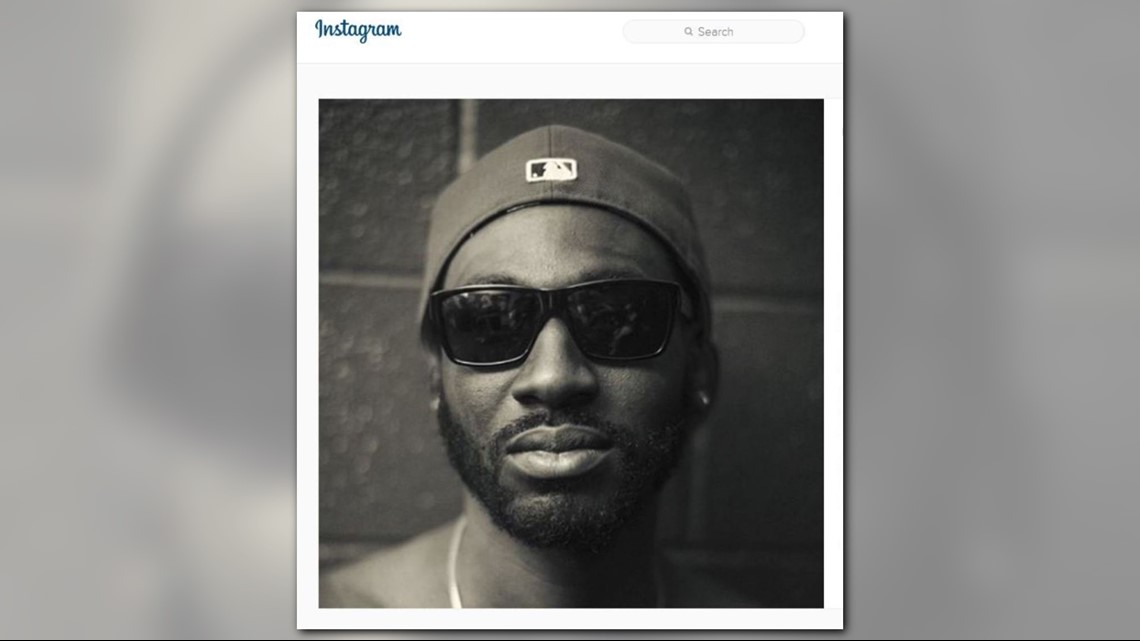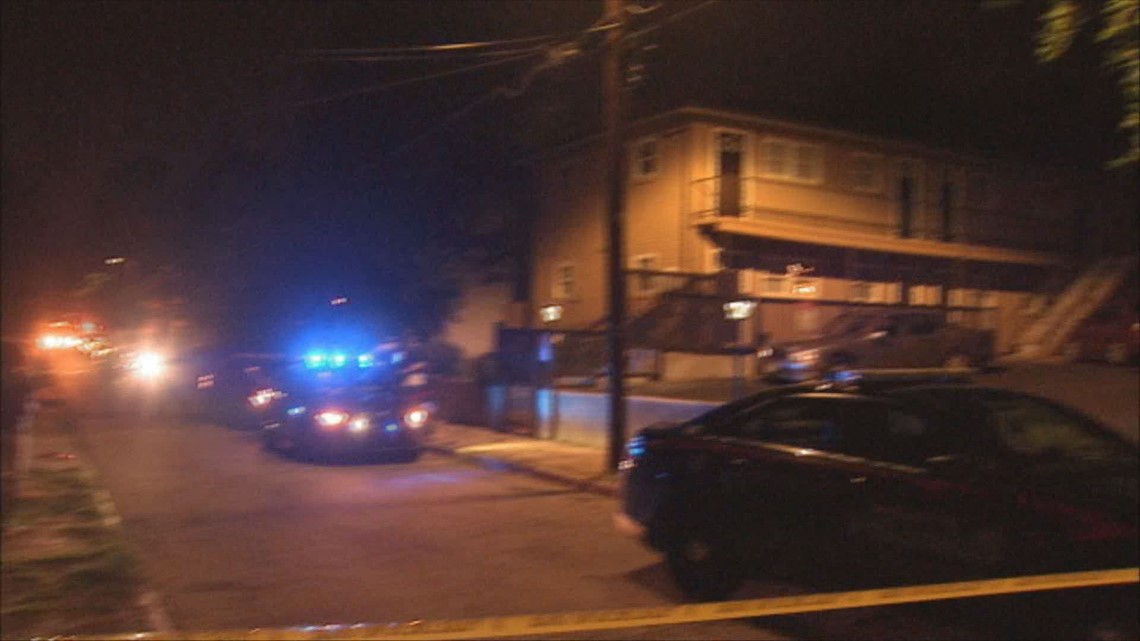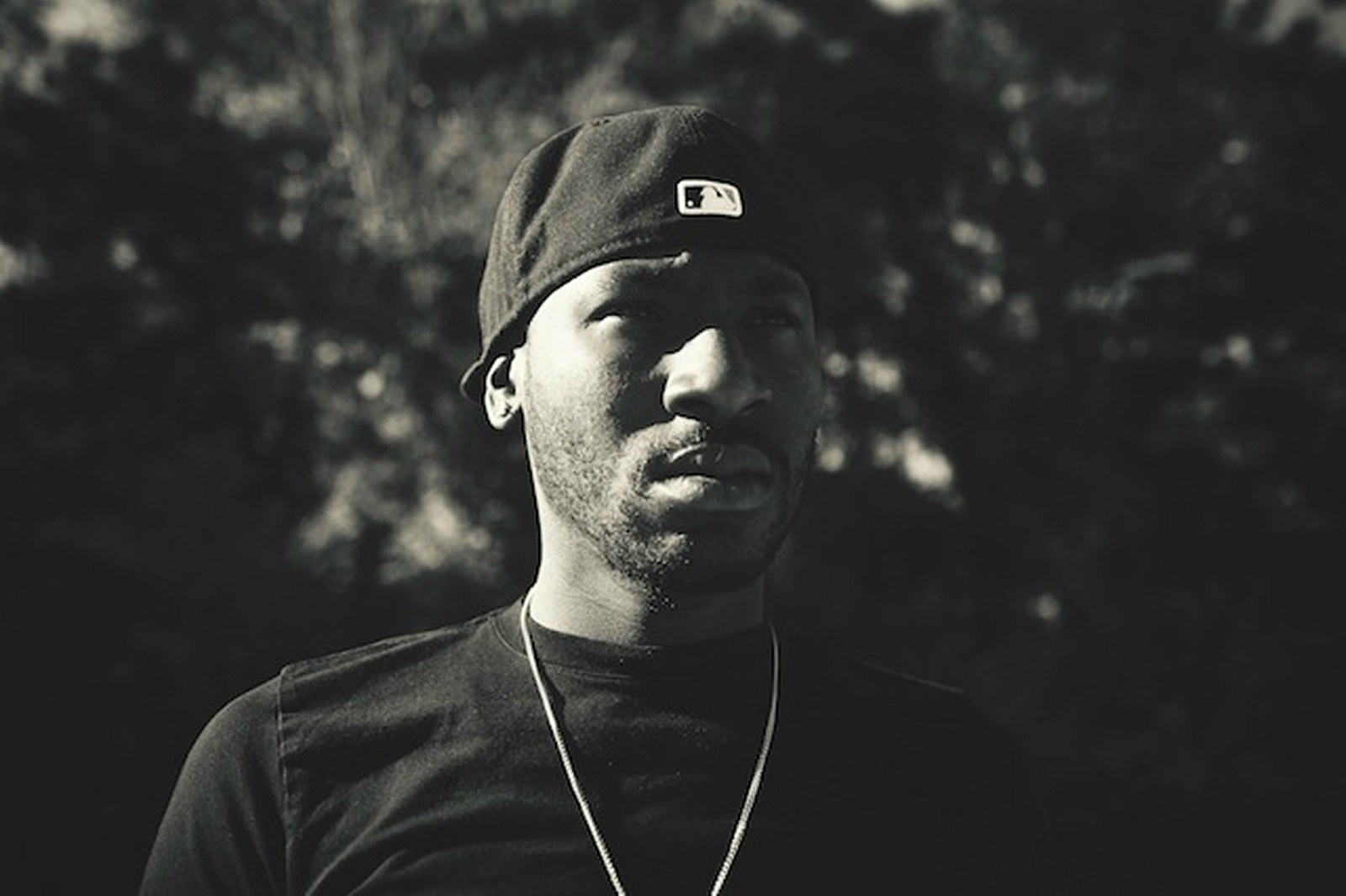
“We’re not just talking bad journalism,” says Weiss. Journalism ethics professors and historians take note: You are bearing witness, with few exceptions, to some of the most abysmal overseas reporting since Hearst's New York Journal in 1898 got us into the Spanish-American War and Walter Duranty of the New York Times was ignoring Stalin’s crimes in the 1930s. It is also widely regarded as the most authoritative media outlet in the world for international coverage. Since the operation (now clearly a war-albeit interspersed with ceasefires) began on July 8th, so much of the Western coverage has been predictably skewed against Israel-through those time-honored journalism tools of sloppy and lazy reporting, superficiality, nuance, omission, lack of historical knowledge, or flat-out agenda-driven lies and bias. My results are hardly complete, as it’s impossible to keep up with all the coverage while the fighting ensues (and rockets have again been fired at Israel today, hours before the end of a lengthy truce.) I’ll be focusing heavily on the Times, because it is, without question, the most important media outlet in the world, in terms of setting the table each day for other outlets. Indeed, this Times reporter's parallel pieces for Qatar's Al Jazeera since the war began can only be pleasing to the terrorists. This suggests that the Times may have less to worry about in terms of Hamas intimidation than others in the press corps.


Among other things, I’ve discovered that the Times’ most important reporter in Gaza for the past few years has used the late Yasser Arafat as his profile photo on Facebook, and, in a second photo, praised the former Palestinian leader.
#Bankroll fresh family retaiate plus
Since late July, I’ve conducted an in-depth look at the credibility of the media coverage, plus interviews with military experts and some journalists covering the war. And I agree that there is a danger-if people believe that the media, including the New York Times, provides a fair picture of the war in Gaza. I agree that there’s a lot of nonsense being disseminated about Israel’s war with Hamas, and about the media role in the conflict. “Every reporter I’ve met who was in Gaza during war says this Israeli/now FPA narrative of Hamas harassment is nonsense,” she tweeted.

In an email to the FPA, she said that the FPA’s statement could be “dangerous” to the “credibility” of the foreign press who are covering the conflict.

She said in a tweet that she wasn’t aware of any such harassed reporters, even though she concedes she spent only one week in Gaza herself during the height of the conflict. This is hardly surprising, as who can expect a terrorist group to treat reporters nicely-except perhaps many reporters themselves? But what is surprising is that New York Times' Jerusalem bureau chief Jodi Rudoren undermined her own newspaper-quickly denouncing the FPA’s statement. In a harsh statement, it condemned the terrorist group for “the blatant, incessant, forceful and unorthodox methods employed by the Hamas authorities and their representatives against visiting international journalists in Gaza over the past month.” On August 11th, the normally Israel-averse Foreign Press Association in Israel conceded what those closely following the war coverage already knew: That Hamas has been intimidating foreign reporters.


 0 kommentar(er)
0 kommentar(er)
